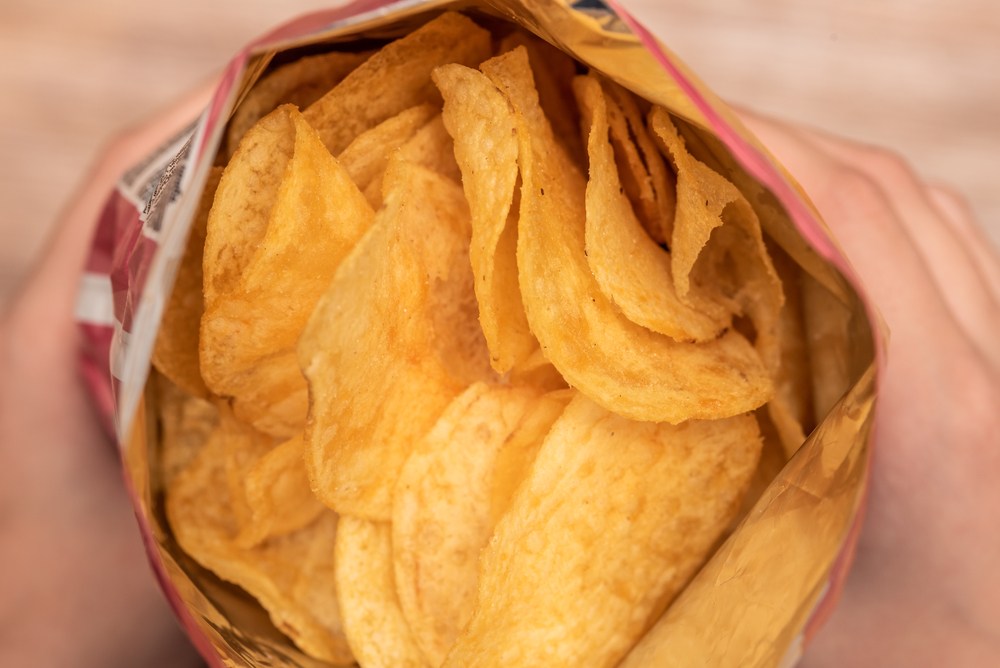Notice it and name it
Stress or emotional eating is typically triggered by a specific thought, feeling or situation. This initiates a pattern of behaviour that is so automatic that many aren’t even aware of it. That’s why it is really important to identify the trigger to disrupt the pattern and make different choices.

Try to think – when do you have increased cravings and make bad dietary choices? Is it every time your parents call you? Is it on Sunday nights when the workweek first comes to mind? Or is it when you’re reminded of your ex-partner? Focus on your triggers and name them.
This will be the first important step in dealing with them. After you’re good at spotting the triggers, you can try one of the following tactics to get back in charge of your diet.
Put an obstacle between you and your snack
When you first notice the urge to eat something you know you shouldn’t, make a contract with yourself. You can have that doughnut, chocolate, chips or cake but only under specific circumstances. Either you have to wait 10 minutes or you have to buy it from a specific store that’s 10 minutes away or you have to cook it from scratch.

Having an obstacle that will prevent you from acting on a craving right away can make a big difference. Maybe the emotion that caused you to crave an unhealthy snack will pass. Or maybe this obstacle will force you to find a different outlet for the stress you’re feeling. The result might be that you choose to have no snack at all or, at the very least, you will be fully aware of what’s going on. You will be in charge.
Find new ways to destress
Even though chewing often feels like the most effective way to destress and escape from emotional pain, it’s not the only one. Most intense feelings last less than about 15 minutes so if you can distract yourself for that long with something else than food you might get rid of your craving. Try doing something that engages your other senses. You can try to go for a walk, exercise, make a new playlist, take a warm bath or simply clean your phone. Try different activities and see what works for you.
Eat well when it comes to the main meals of the day
One thing that makes the previous two strategies much easier to use is a good overall diet. If you eat food that makes you feel satiated and keeps hunger away, you will have an easier time delaying eating that chocolate bar. You will be much more likely to succeed in battling stress eating with a well-formulated diet as your baseline.






